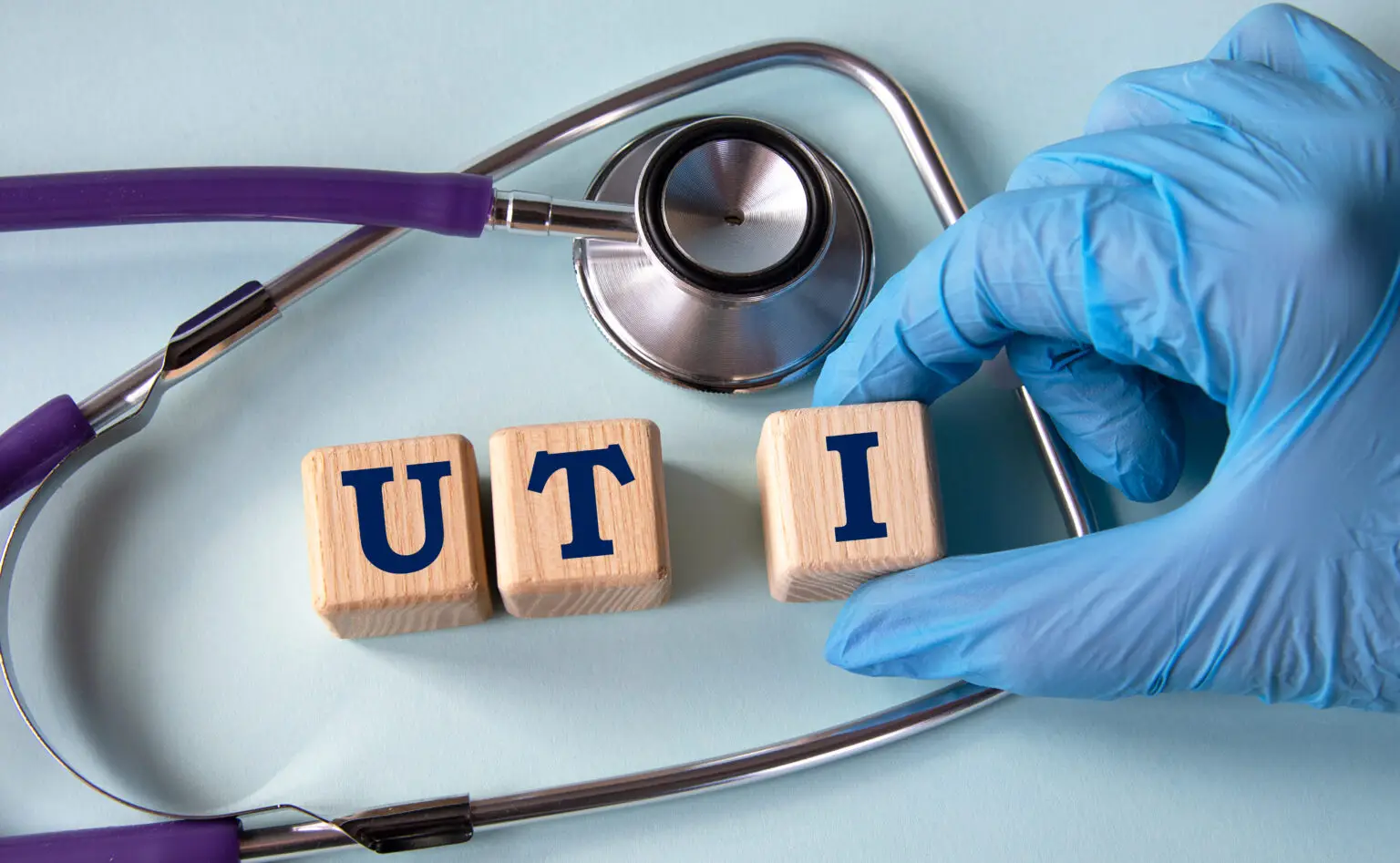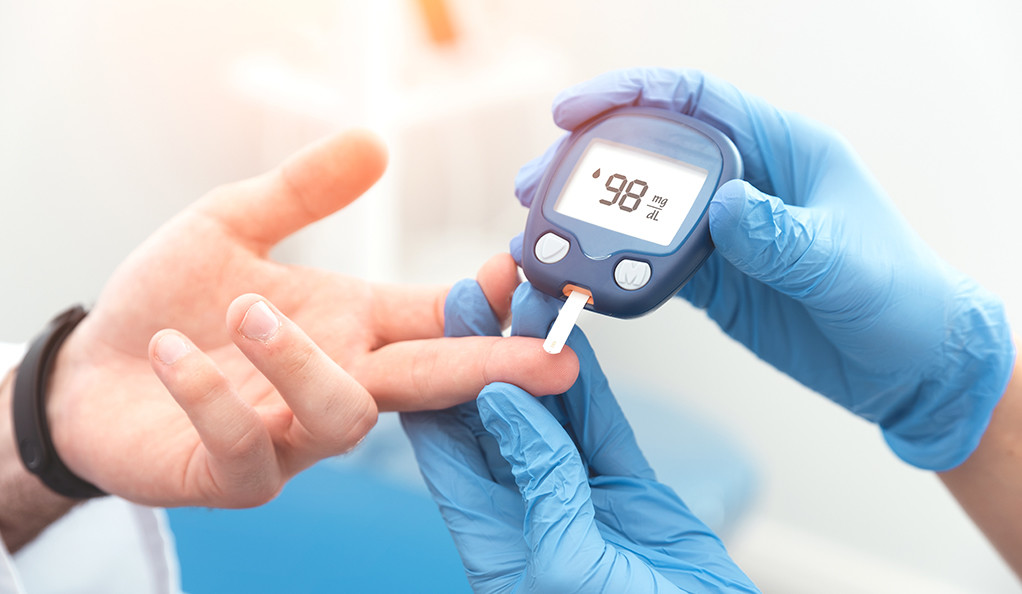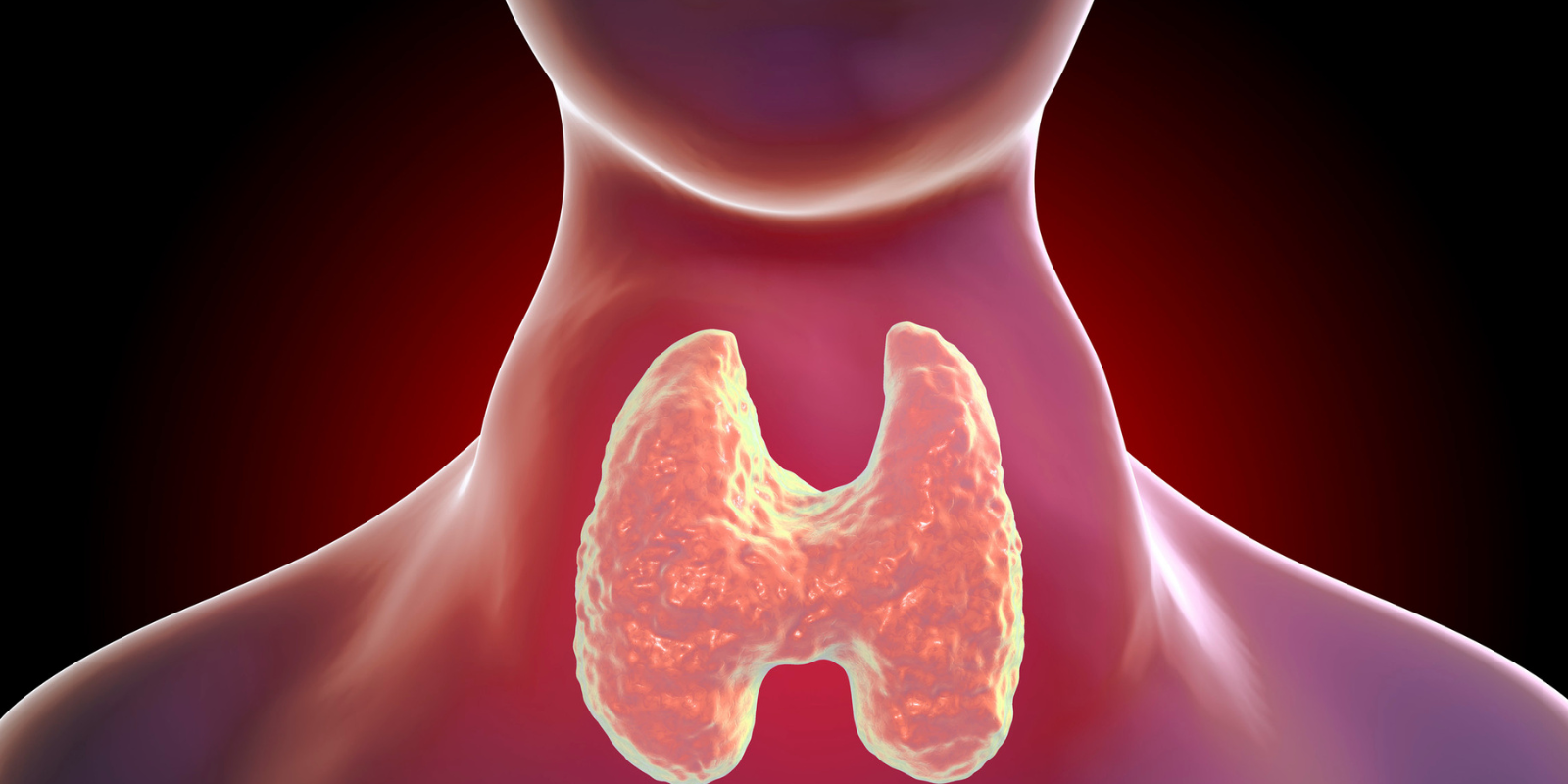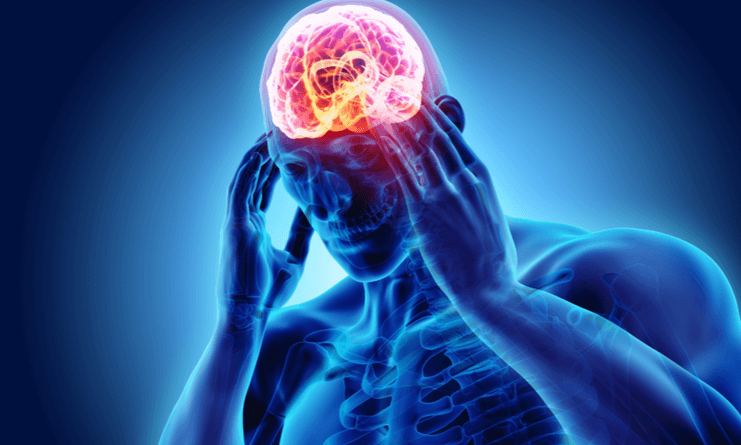5 Vital Nutrients Every Woman Needs:
As soon as you step into your 40th birthday, physiological and lifestyle transitions lead to new challenges related to nutrition. Sometimes you feel your mornings are getting slower, and your joints become creaky. Your body starts facing hormonal changes (especially estrogen hormone), slowing down metabolism and causing fragile bones. But that’s quite normal. As our bodies go through transitions, so do our nutritional needs. Our food intake starts to matter more than before. It’s the decade to prioritize nutrient-rich eating.
By focusing on calcium paired with Vitamin D, omega-3 fatty acids, magnesium, vitamin B12, and iodine, you can lay the foundation of your overall wellness and graceful aging. In this article, we will look into the importance of these five vital vitamins, their recommended dosage, and sources in your diet to keep your cognitive and physiological health stable.

Calcium (paired with Vitamin D): The Building Block of Bones
Your bone density starts declining after the age of 30, and it speeds up once you cross your 40s, especially with the decrease in the production of estrogen during menopause. The estrogen hormone is responsible for the absorption of calcium into the bones, while Vitamin D helps the body to absorb calcium from your diet and sunlight.
Calcium is the main component of bones. A decrease in the absorption of calcium into the bones causes a decrease in the density of bones, making them fragile, weak, and brittle, leading to osteoporosis and risk of fractures.

Recommended Daily Intake
- Women less than the age of 40: 1,000 mg per day
- Women over the age of 40: 1,200 mg per day
Food Sources
- Dairy: Milk, cheese, and yogurt.
- Seafood: Salmon and canned sardines with edible bones.
- Vegetables: Green leafy vegetables, kale, broccoli, and collard greens.
- Seeds and Nuts: Sesame seeds, Brazil nuts, and almonds.
- Grains and Legumes: Whole grains, beans, and lentils.
- Fortified Foods: Almond milk, soy milk, bread, cereals, tofu, fruit juices, and bread.
For calcium absorption, vitamin D plays a key role, so consume vitamin D-rich food and increase safe sun exposure.
Omega-3 Fatty Acids (EPA and DHA): Brain and Heart Protectors
With your menopausal transition around the age of 40, fluctuating and declining the level of estrogen influences your body’s omega-3 fatty acids status too. EPA-eicosapentaenoic acid and DHA-docosahexaenoic acid are the nutrients vital for your brain and retina of the eye.
They are the main components involved in the health of cellular membranes. Omega-3 fatty acids reduce inflammation, boost your mood, support cardiovascular health, and are crucial for the development and function of your brain. They also reduce the risk of Alzheimer’s disease in women.

Recommended Daily Intake
- Women less than the age of 40: 1,100 mg per day
- Women over the age of 40: 1,100 mg per day
Food Sources
- Seafood: Salmon, sardines, herring, tuna, mackerel, oyster, and mussels.
- Seeds and Nuts: Chia seeds, flaxseeds, and walnuts.
- Vegetables and Fruits: Avocados and green leafy vegetables.
- Oil: Soybean oil, canola oil, and algal oil.
- Fortified Foods: Milk, juices, eggs, cheese, and yogurt.
You can take EPA and DHA in the form of supplements after the age of 40 if you can not consume fish regularly.
Magnesium: Key to Graceful Aging
During your perimenopause and menopause stage, around the age of 40, the decline in the levels of estrogen hormones affects the magnesium balance in your body.
Magnesium is an important nutrient for your well-being. It maintains blood glucose levels in your body, aids in energy and protein production, maintains steady nerves and the function of your body muscles, supports your immune system, and helps in a steady heartbeat.
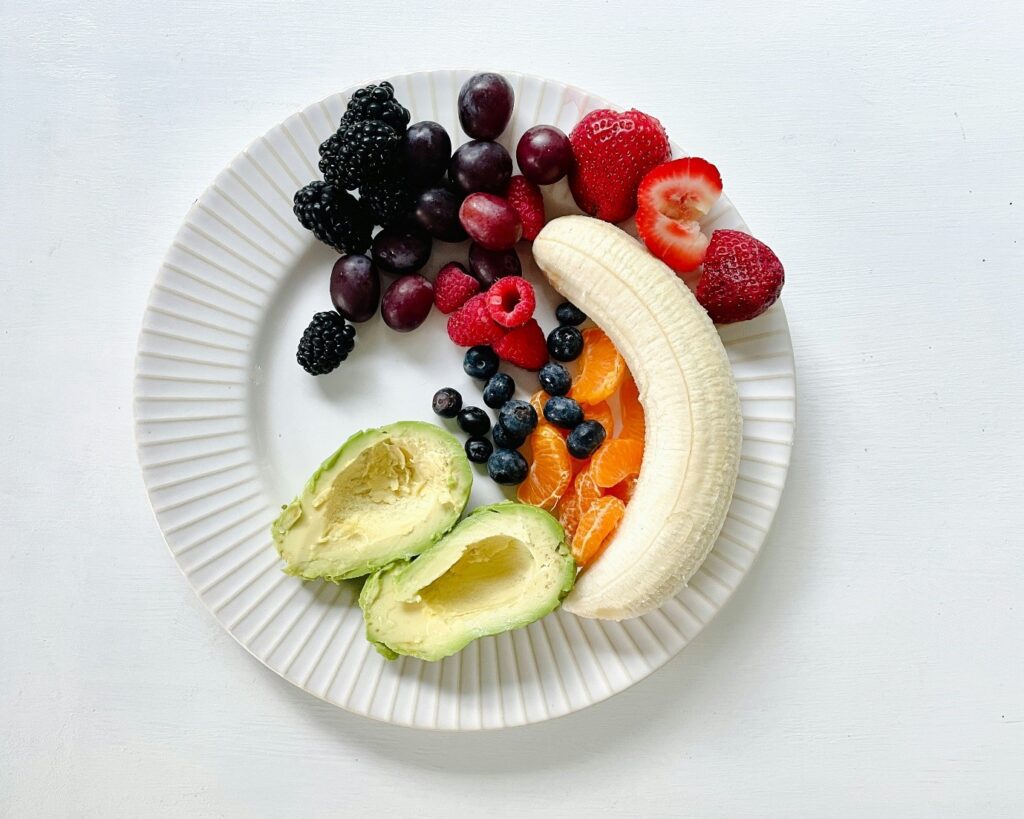
Recommended Daily Intake
- Women less than the age of 40: 310 mg per day
- Women over the age of 40: 320 mg per day
Food Sources
- Vegetables and Fruits: Leafy green vegetables (beet greens, chard, and artichokes), potatoes, spinach, avocados, dried apricots, bananas.
- Seeds and Nuts: Pumpkin seeds, Brazil nuts, peanuts, almonds, and cashews.
- Grains and Legumes: Whole grains, oats, brown rice, soy beans, black and red kidney beans.
- Seafood: Salmon fish
- Meat: Beef
- Poultry: Chicken and turkey
- Others: Raisins, dark chocolate, peanut butter, and soy milk.
Vitamin B12: Nerves and Brain Charger
As we start aging, our stomachs start producing less hydrochloric acid, which is required to detach vitamin B12 from food proteins. Less detachment results in low amounts of B12 in your body. Another factor in the decline of B12 in the body is atrophic gastric condition (stomach lining inflammation) in older women. This lessens the HCl production in the stomach and so the detachment of B12 from your diet.
Vitamin B12 acts as a cofactor for essential enzymes in your body. It maintains the health of brain and nerve cells and prevents your body from anemia, and it also ensures the steady functioning of your central nervous system, i.e., brain and spinal cord. Vitamin B12 also plays a role in DNA synthesis, converting the food you consume into energy, and the formation of red blood cells.

Recommended Daily Intake
- Women less than the age of 40:4 mcg per day
- Women over the age of 40:4 mcg per day
Food Sources
- Dairy: Milk, yogurt, and cheese.
- Poultry: Eggs, chicken, and turkey.
- Meat: Lamb, liver, and beef.
- Seafood: Salmon, tuna, clams, liver, and sardines.
- Other food: Nutritional yeast, and fortified foods..
After the age of 40, you should increase the intake of vitamin B12 in the form of supplements and fortified foods.
Iodine: Linked to Thyroid Health
Iodine is an essential nutrient linked directly to thyroid gland health and your metabolism. Though a decline in iodine is not associated with growing age, it is with the consumption of your everyday diet. Still, it has been noticed that iodine levels decline during a woman’s reproductive age.
The potential factors in the decline in iodine levels in some women after the age of 40 include less consumption of dairy products, use of non-iodized salts in foods, and a decrease in the consumption of seafood and fish. Iodine is not produced by your body and is taken from the diet. Iodine regulates metabolism, growth, and development of the brain and bones by producing thyroxin hormone through the thyroid glands. Lack of iodine causes goitre and other health problems.

Recommended Daily Intake
- Women less than the age of 40: 150 mcg per day
- Women over the age of 40: 150 mcg per day
Food Sources
- Dairy: Milk, cheese, and yogurt.
- Poultry: Eggs and chicken.
- Meat: Beef
- Seafood: Sea bass, haddock, shrimp, scallops, tuna, cod, seaweed, and perch.
- Legumes: Prunes and lima beans.
- Fortified foods: Soy and oat beverages, bread, and cereals.
The Key Takeaways
- If you are a woman over 40, you should pay attention to 5 vital nutrients i.e., calcium paired with vitamin D, omega-3 fatty acids, magnesium, vitamin B12, and Iodine in your diet.
- Focus on a balanced, healthy diet to fulfill your body’s needs.
- Depending upon the lifestyle, dietary habits, and exposure to the Sun, these nutrients can be taken from supplements too.
- Consult the healthcare provider or nutritionist before adding these nutrient supplements to your diet.
- Lifestyle habits, including regular exercise or walking, a good night’s sleep, and stress management, help to amplify the benefits of these nutritional changes your body faces after the age of 40.
- Some other nutrients, i.e., iron and potassium, should also be a part of your diet, and it again depends upon lifestyle habits and whether you are still menstruating or not.
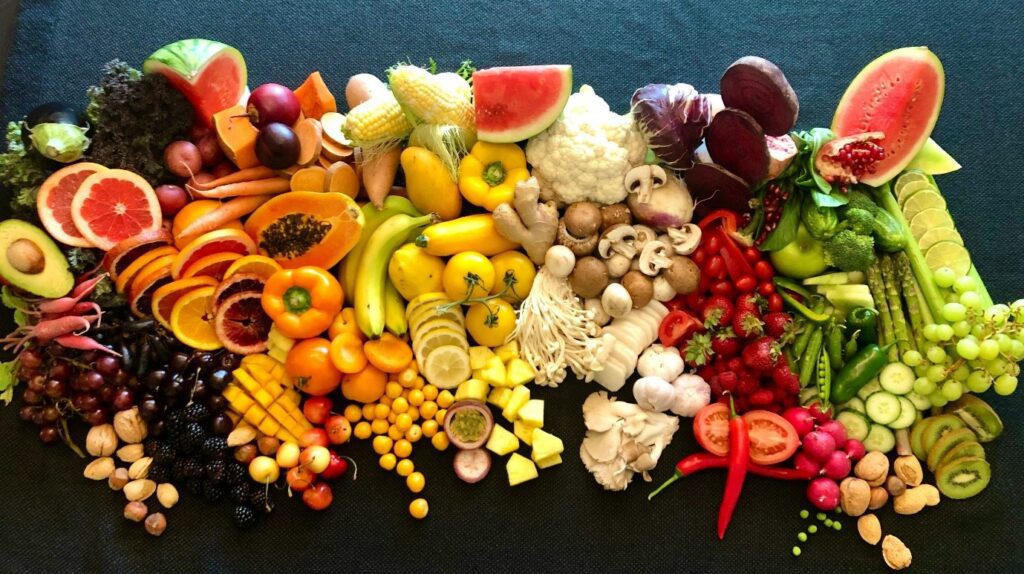
Conclusion
Moving to your 40s should transform you into a strong, grounded, and resilient human being. Focusing on a healthy diet having these 5 vital nutrients, i.e., calcium paired with vitamin D, omega-3 fatty acids, magnesium, vitamin B12, and iodine, will help you to maintain the physiological and cognitive health.
Investing in these nutrients will safeguard your bones, boost your mood, sharpen your mind, and support your heart. Even if you have a healthy lifestyle, good night’s sleep, a balanced diet, and protective exposure to sunlight, it is still recommended to visit your healthcare provider for blood tests and to get recommendations about supplement intake. Care about the dosage and make your health a priority today for a healthier and happier you with each passing year.
Visit our website www.healthabulous.com to get knowledgeable through posts like How to Eat for Energy After 40 and Strength Training & Women Over 40. Know about your body’s nutritional changes, adopt healthy lifestyles, and consume healthy food. Small, good choices will lead you to healthy, happy, and graceful aging.
FAQs
What are the vital nutrients for our optimal health after the age of 40?
For optimal health after the age of 40, calcium paired with vitamin D, omega-3 fatty acids, magnesium, vitamin B12, and Iodine are the essential nutrients.
Do we need supplements for essential nutrient intake?
A balanced diet is sufficient to fulfill our body’s needs, but some individuals are recommended to take supplements based on their health condition and lifestyle practices.
Why does calcium need to be paired with vitamin D?
Vitamin D helps the body absorb calcium from your diet and sunlight.
References
- Cashman KD. Calcium and vitamin D. Novartis Found Symp. 2007;282:123-38; discussion 138-42, 212-8. PMID: 17913228.
- Michalina Banaszak, Małgorzata Dobrzyńska, Anna Kawka, Ilona Górna, Dagmara Woźniak, Juliusz Przysławski, Sławomira Drzymała-Czyż,-Role of Omega-3 fatty acids eicosapentaenoic (EPA) and docosahexaenoic (DHA) as modulatory and anti-inflammatory agents in noncommunicable diet-related diseases – Reports from the last 10 years, Clinical Nutrition ESPEN,Volume 63,2024,Pages 240-258, ISSN 2405-4577, https://doi.org/10.1016/j.clnesp.2024.06.053.
- Debora Porri, Hans K. Biesalski, Antonio Limitone, Laura Bertuzzo, Hellas Cena,
- Effect of magnesium supplementation on women’s health and well-being,NFS Journal, Volume 23,2021,Pages 30-36,ISSN 2352-3646, https://doi.org/10.1016/j.nfs.2021.03.003.
- https://ods.od.nih.gov/factsheets/VitaminB12-HealthProfessional/
- Wilders-Truschnig MM, Warnkross H, Leb G, Langsteger W, Eber O, Tiran A, Dobnig H, Passath A, Lanzer G, Drexhage HA. The effect of treatment with levothyroxine or iodine on thyroid size and thyroid growth stimulating immunoglobulins in endemic goitre patients. Clin Endocrinol (Oxf). 1993 Sep;39(3):281-6. doi: 10.1111/j.1365-2265.1993.tb02367.x. PMID: 7900936.

